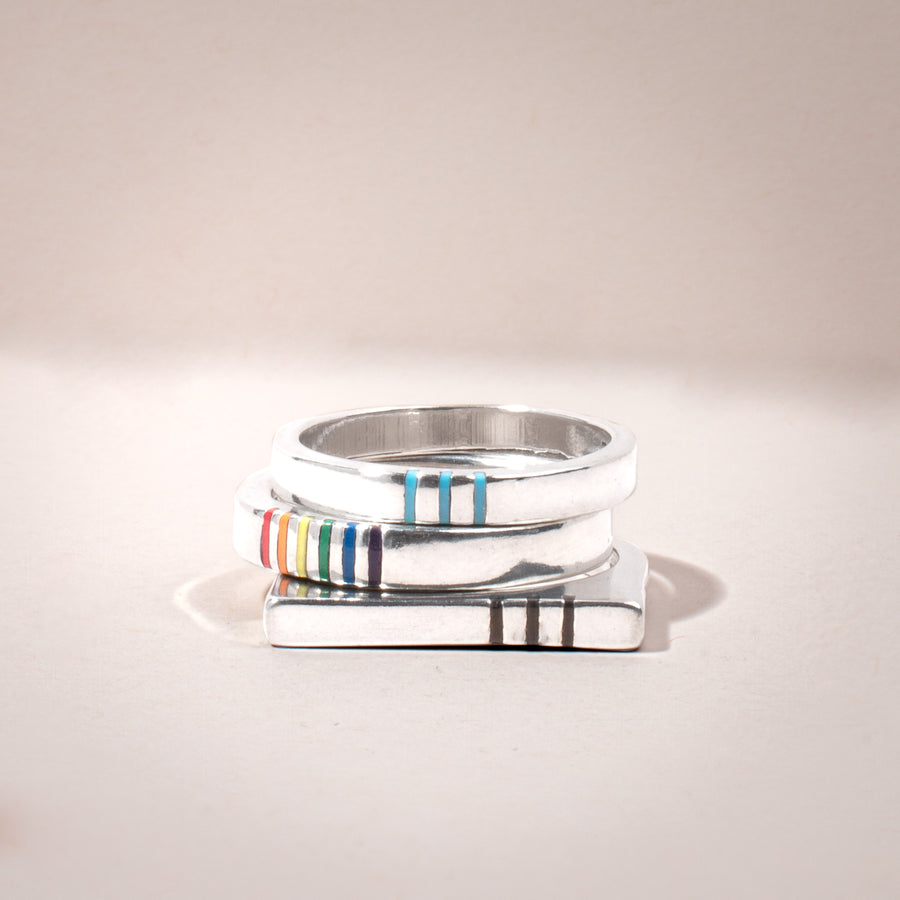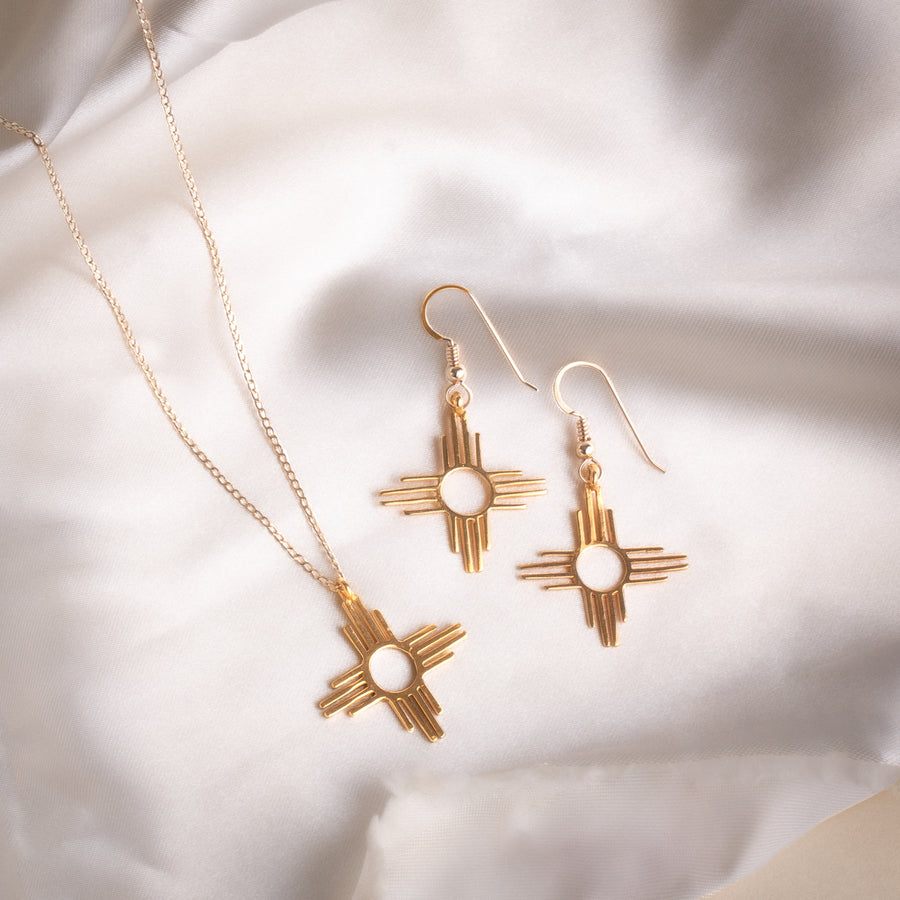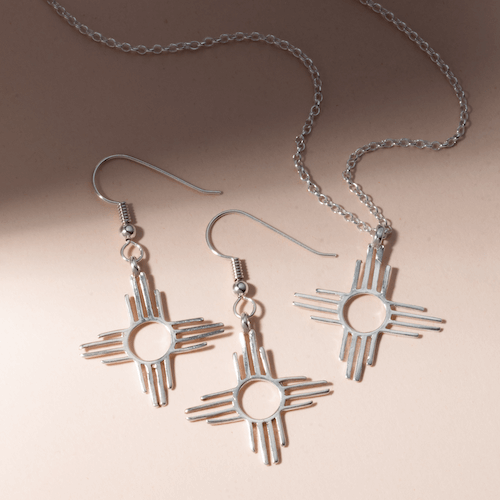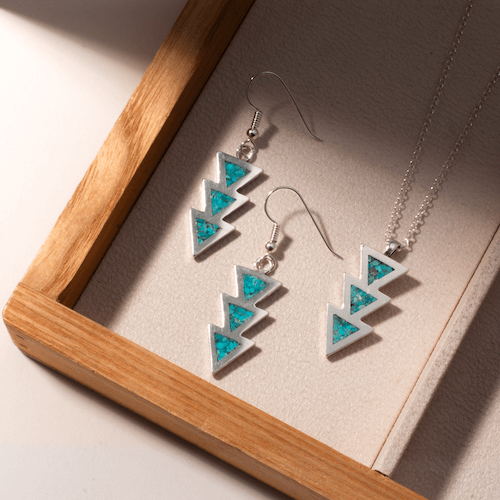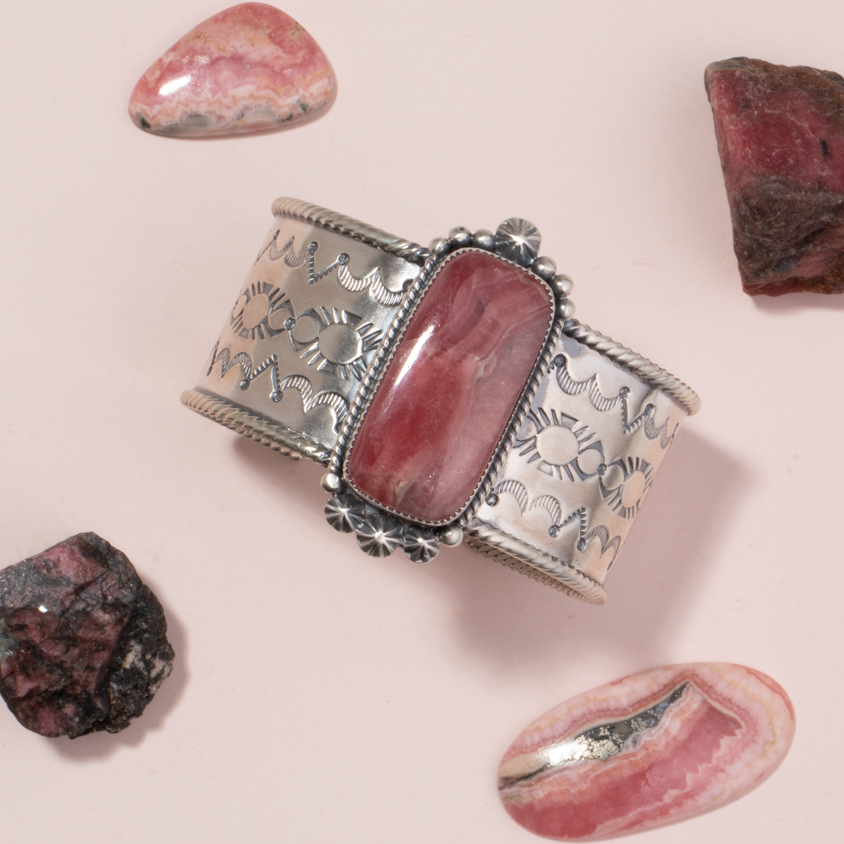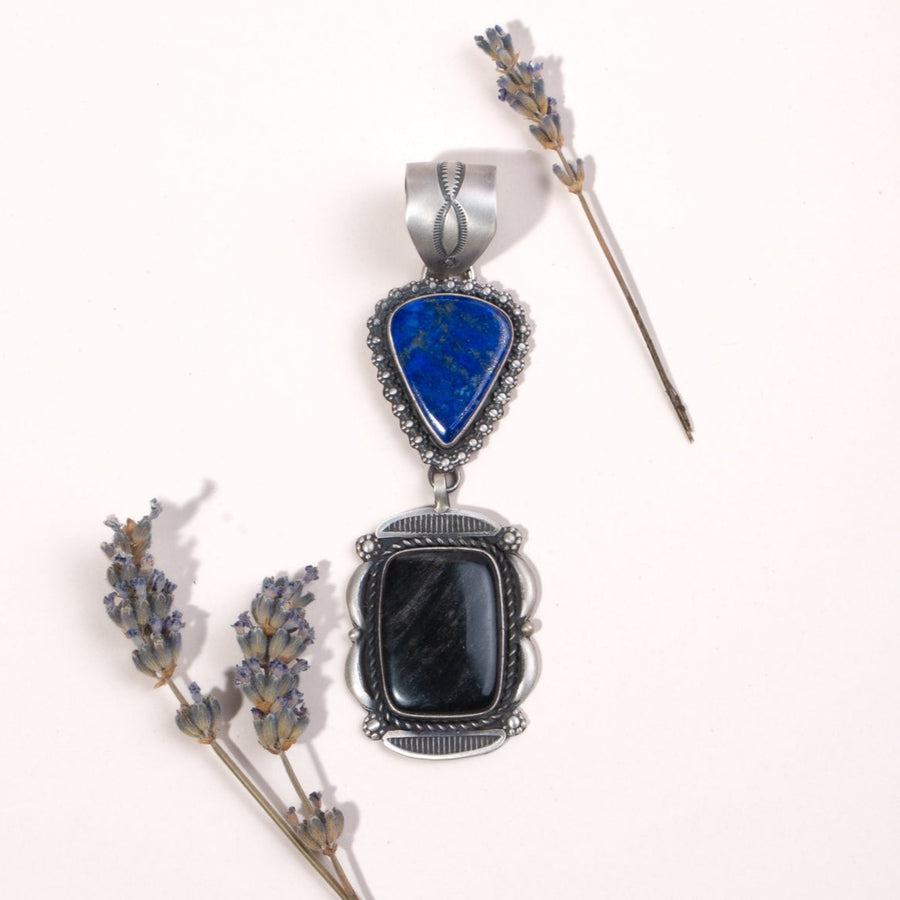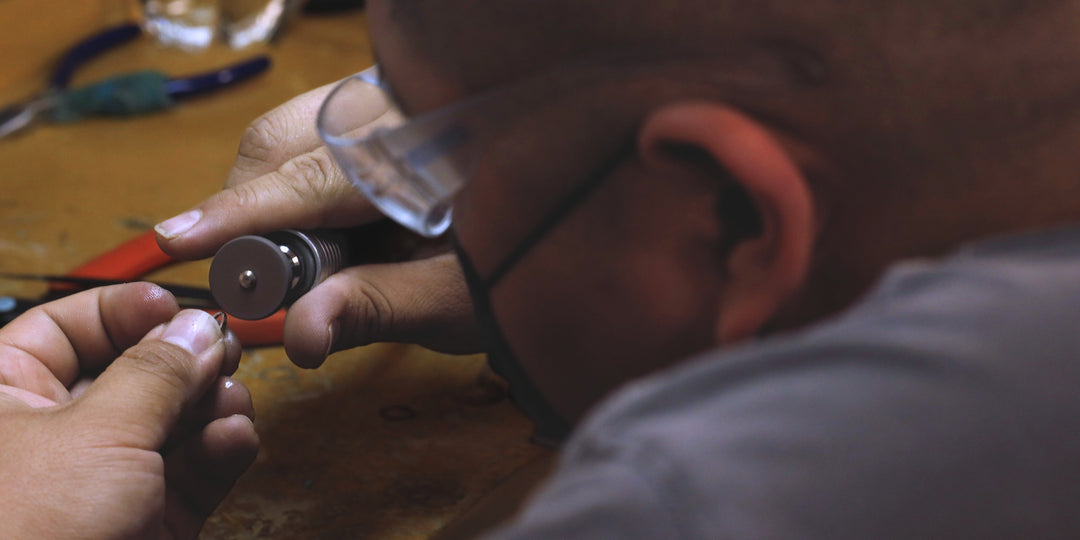Vinita Cowboy: Navajo Pearls, Traditional Handmade Silver Beads
Handmade jewelry reflects much more than a work of art or a beautiful adornment. Often it is a family tradition as well, preserving the skills and knowledge handed down through generations of artisans to create new heirlooms for today. That tradition is a part of Darwyn Cowboy’s lineage. He is a fifth generation bead maker, the latest in his family to take up the craft of creating the silver beads sometimes known as Navajo pearls.

Navajo pearls are a popular item in today’s jewelry market, which is what got Darwyn and his wife Vinita into bead making. Darwyn’s family, the Haleys, are well known Navajo bead makers from Gallup, New Mexico. The family asked if the couple could help with the laborious process of crafting the beads to fill the orders they’d received. The two agreed and have been involved in the family business for over a year now. In spite of the labor intensive process of creating the beads, Vinita enjoys the work and appreciates the tradition of bead making. She grew up watching relative silversmiths so the world of jewelry was familiar to her. And she jokingly said that bead making is what helped put her through college.
The process of creating Navajo pearls is involved and time consuming. Additionally, the silver used is largely heavy gauge sterling silver, which adds to the quality of the finished piece. Once the orders are in and the silver is purchased, it is melted then rolled out and put into a cutter. The silver is cut into the desired lengths, according to the style and design for each order. Vinita and her husband then use a puncher to make the hole in the center of each bead, taking care to make them as centered as possible. Each bead is then stacked; making certain each hole is rounded. From there they will be sanded and polished, then strung to create the silver necklaces the family sells.
Once the beads are finished, these necklaces can be worn as they are, or with a pendant added. The silver beads are also one of the elements of the squash blossom necklace, which is so popular.
Due to its labor intensive process, the family makes about six to eight necklaces in roughly four or five days. The number they produce is also dependent, Vinita said, on how much silver they can get. With each piece carefully sanded and polished by hand, their customers can be assured they are getting a truly individual item. These Navajo pearls will not have the uniformity of beads created on a machine; instead each one is unique and carefully crafted by the hand of the artist. Doing this ensures each piece will be unlike any other, a true hallmark of a handcrafted piece of jewelry. Beads, like other types of handcrafted jewelry, are often known by the artist who produced them. Darwyn’s family has a longstanding reputation for creating excellent beads.
These beads are the result of a multigenerational tradition of silversmithing within the Haley family, so it comes as no surprise that one of the family’s most popular items are what Vinita called “old-fashioned” beads. These are beads which are oxidized to darken them and then sanded with steel wool to give them an antique look. This style adds to the uniqueness of a handcrafted item. Vinita says they are more popular than the highly polished ones the family creates.

Variety of Handmade Navajo Pearls
Though their business has been around for generations, the family is only now beginning to get into the online aspect of selling their beads. For now, they visit with buyers who are in the market for Navajo pearls while looking to the future of advertising their business online. For Darwyn and Vinita it is a way to continue their family heritage. As Vinita says, “It’s different. Not a lot of people make beads.” It is something she hopes to continue doing, for both her family and her own skill as an artisan.
This commitment to continuing the tradition of creating Navajo pearls means there will be beautiful, handcrafted pieces for future generations to marvel at. The ongoing popularity of such pieces indicates a market which is unlikely to fade. Though the process is time consuming, we should all hope these pieces will continue to be produced for a long time. Thanks to artisans such as Darwyn and Vinita Joe Cowboy, hopefully they will.
